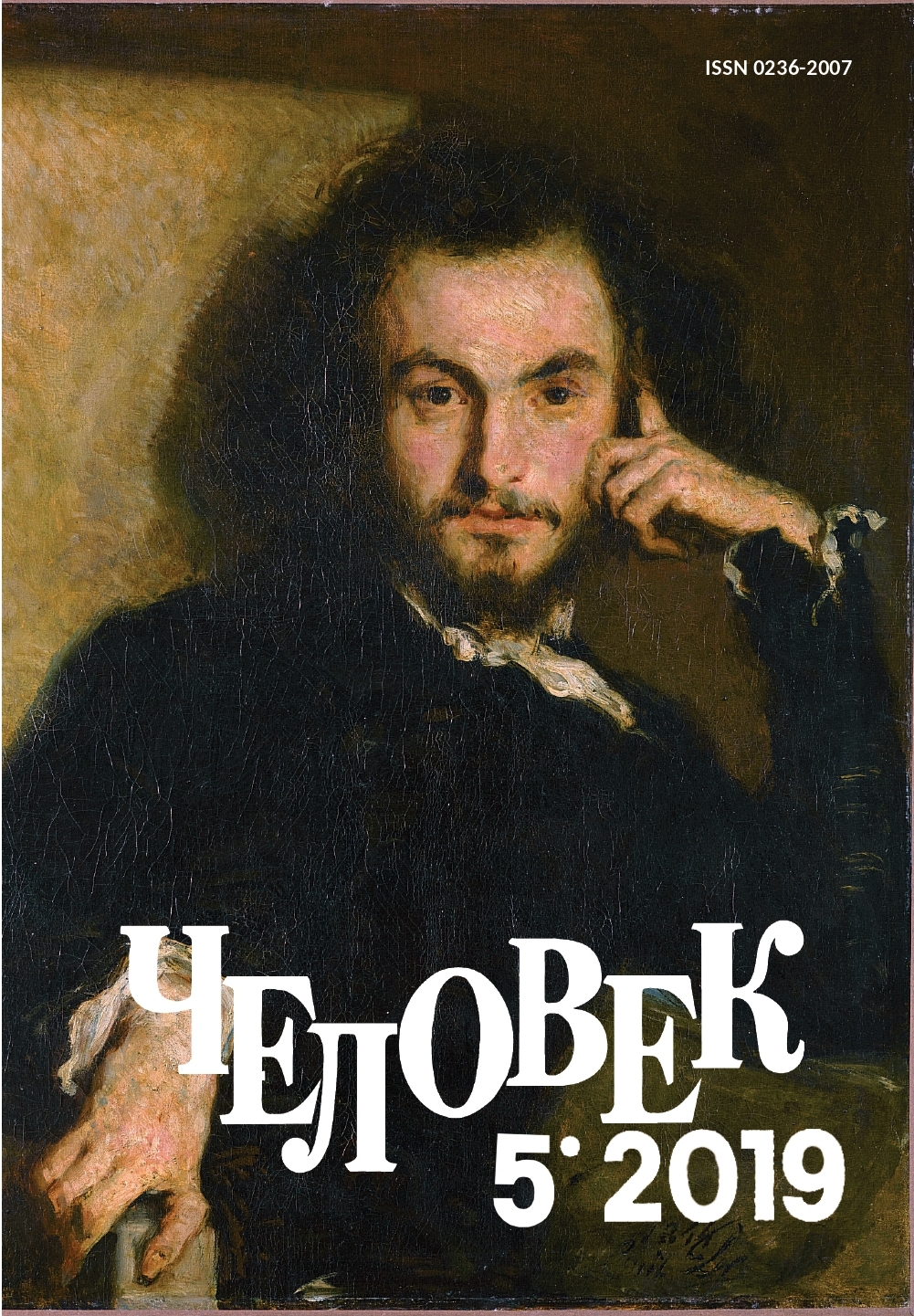A Human Being as Nothing: the Humanization of Nothing in the 20th century
DOI:
https://doi.org/10.31857/S023620070006440-1Keywords:
humanization of nothing, negativity, humanism, naturalism, Hegel, Kozhev, Sartre, HeideggerAbstract
In the 20th century that is rich in philosophical insights, one can find an unusual version of humanism that is associated with the philosophical category of “nothing” or “negativity”. The “humanization of nothing” philosophical project declared that the core of Humanness in the Human being should be sought in the depths of the philosophical category of Nothing that is rooted in Hegel's classic philosophy. Under the framework of this project, the term «humanization» is often understood just technically, implying that «nothing» is embodied in the Human being. The idea of this embodiment is well documented, but in the present essay, we would like to pay a special attention to the humanistic context of the project. nothing Since nothing is humanized it becomes a carrier agent of the humanity in Human being him/herself, that is of a person's ability to be: 1. conscious (we can know the world as an existent entity only if we observe it as a whole from nowhere, from non-existent), 2. acting (human activity denies the existence of the world for it brings something new into it), 3. free (it is in a situation of fundamental uncertainty that a person does what he/she does literally creating something out of nothing, because any of his/her actions may be possible). The combination of these abilities defines a Human being as a being who denies any available state of affairs. Everything that is given by the natural world for granted can be radically transformed by a Human being in the course of Human history. We would also like to consider how this type of humanism contrasted itself against naturalism, which was no less authoritative in the early 20th century. In this article, we will look at the unexpected similarities between these two directions, as well as their apparent divergence.






